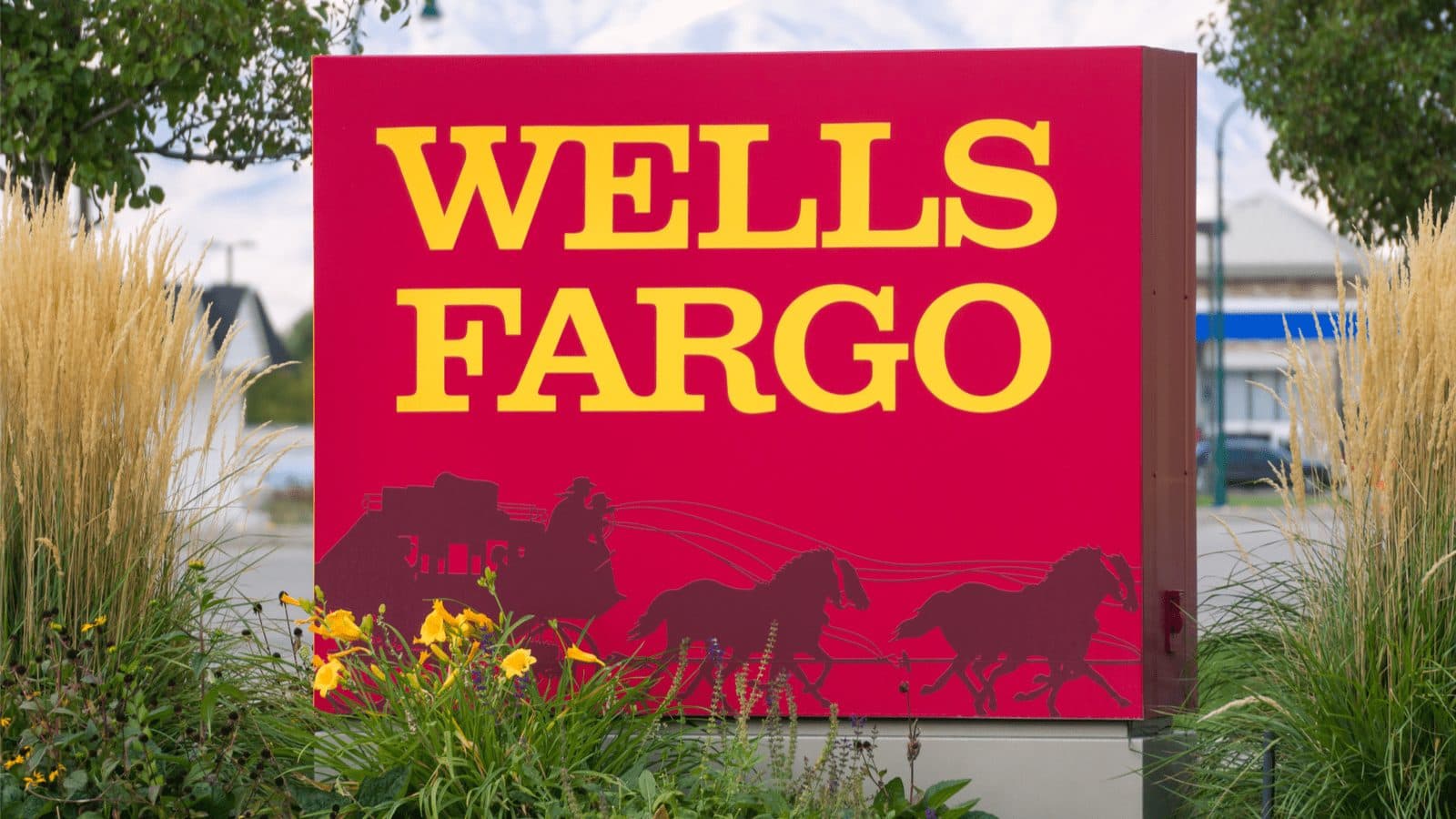Wells Fargo and HSBC to Use Blockchain Tech to Settle Transactions
Banks that don’t move toward crypto “could be left behind,” ProChain Capital president says

Source: Shutterstock
- Both banks will use Baton Systems’ Core-FX distributed ledger technology
- Technology allows the bank to settle funds on-demand with HSBC in more currencies than CLS Group allows, according to co-head of macro at Wells Fargo Corporate and Investment Bank
Wells Fargo and HSBC are using blockchain technology for the first time in the settlement process of cross-border payments.
The two financial services titans will jointly use a shared settlement ledger to process US dollar, Canadian dollar, British pound sterling and Euro transactions, the firms announced Monday.
The companies have plans to extend the platform to settle additional currencies and could choose to add more participants, introducing a central Financial Market Infrastructure provider.
The platform runs on Baton Systems’ Core-FX distributed ledger technology.
Adopters of the technology are no longer restricted by currency-specific cut-off times and can agree with their counterparties on when and how often they settle. It allows for multiple settlements a day and a settlement process that can be completed in three minutes.
Riskless settlement, or payment-versus-payment (PvP) settlement, has previously only been achievable with legally enforceable settlement finality through CLS Group.
Market participants prefer to settle via PvP because the currencies are simultaneously settled — eliminating the risk of a firm having made a payment to a counterparty that then defaults on its obligations, said Alex Knight, head of EMEA at Baton Systems
But access to PvP settlement through CLS is restricted to CLS member firms and only available across 18 currencies, he explained.
“Today’s announcement means that all [foreign exchange] businesses can now access PvP settlement protection across all currencies,” Knight told Blockworks. “We’ve used distributed ledger technology to achieve this, delivering a level of transformation that’s well overdue.”
Traditional finance embracing the space?
Banks currently transmit files to CLS and then get funds settled the next day between accounts held at CLS, said Mark Jones, co-head of macro at Wells Fargo Corporate & Investment Bank, adding that the funds are held up during the waiting period.
“This new technology would allow us to settle funds on-demand with HSBC in any array of currencies we choose,” Jones told Blockworks. “[It] also provides greater visibility into transactions and funds flow because both of our operations teams at [Wells Fargo] and HSBC are utilizing the same dashboard at the same time.”
Large banks sharing technology infrastructure with shared transaction visibility is a new concept, the Wells Fargo executive added.
David Tawil, president of multi-strategy crypto asset fund ProChain Capital, said that banks that do not look to implement blockchain and accept cryptocurrency more broadly could be hurt over the long term.
“I know that right now it’s incredibly difficult for those banks to participate in cryptocurrency broadly because of the lack of regulation,” he said. “But certainly there should be education and development going on inside of those banks to be able to act and get involved once they are allowed to.”
Tawil argued that financial institutions should work together to figure out how they can use blockchain technology collectively to facilitate transactions and perform other processes across their systems.
“Right now the decentralized aspect of this is a runaway train without them,” he noted. “If they don’t have a pre-planned way to go ahead and transition to getting onto that locomotive, they certainly could be left behind.”
Knight said that Baton Systems is in discussions with nearly all of the large foreign exchange banks about its technology, noting that some are evaluating its impact on their businesses.
Continuing to adopt
Mark Williamson, global head of FX partnerships and propositions at HSBC, said in a statement that the firm will continue to grow its FX Everywhere network, which has settled roughly 3 million intra-bank trades worth about $2.5 trillion since it launched in 2018.
HSBC also intends to position itself to be able to transact in new forms of regulated digital currencies, such as central bank digital currencies (CBDCs), he added.
Wells Fargo labeled cryptocurrencies as a “viable investment asset” in a report published earlier this year. It noted that crypto could see continued growth, further compression in price volatility and a possible role as portfolio diversifiers over the long term.
“We are now utilizing blockchain technology, and expect that trend to continue to grow,” Jones told Blockworks. “As it relates to the crypto ecosystem, it’s clearly evolving fast and we are paying close attention to how the regulatory structure unfolds around it.”
Get the day’s top crypto news and insights delivered to your inbox every evening. Subscribe to Blockworks’ free newsletter now.






